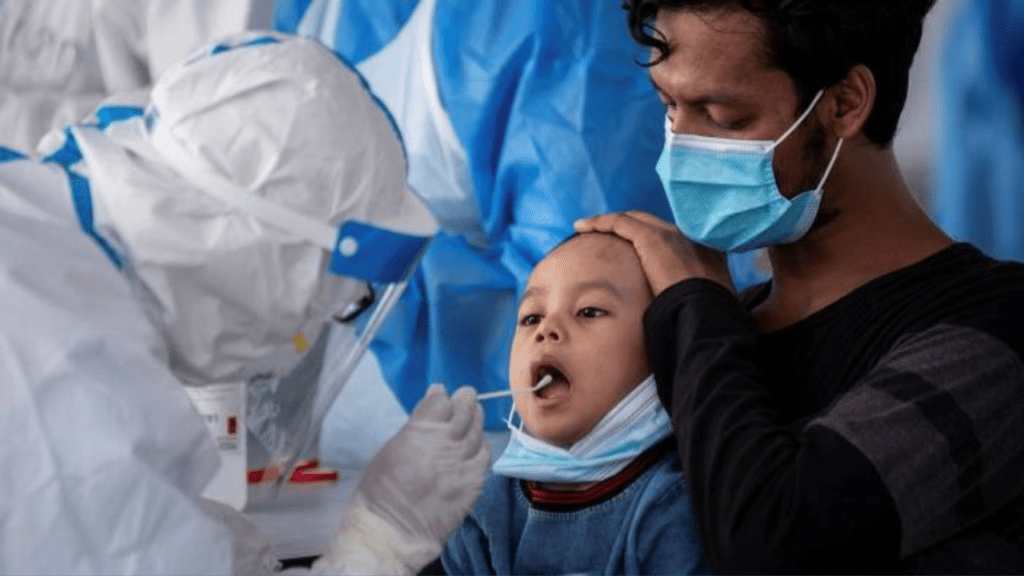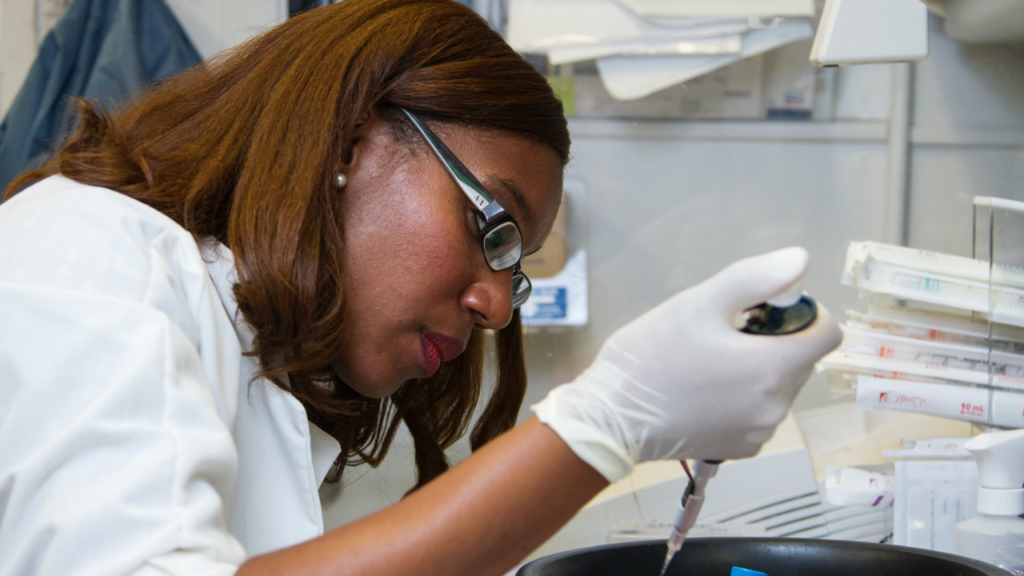Africa offers ideal conditions for clinical trials with a vast and diverse population, many of whom have limited access to pharmaceutical treatments. This presents a unique opportunity for accurate research findings. Moreover, Africa bears a significant burden of global diseases, including neglected and tropical diseases. Logically, Africa should be a hub for clinical trials, conducting research where diseases are most prevalent. However, numerous challenges hinder successful trials, including inconsistent ethical guidelines and inadequate training for research personnel. Addressing these challenges is crucial to unlocking Africa’s potential for clinical trials and improving healthcare outcomes.
CURRENT LANDSCAPE OF CLINICAL TRIALS IN AFRICA
Statistics On Clinical Trial Participation In Africa

GOVERNMENT INITIATIVES AND REGULATIONS IN AFRICA
In Africa, governments are taking proactive steps to ensure the safety, ethical conduct, and transparency of clinical trials. This is achieved through the establishment of National Regulatory Authorities, which oversee trials, and Ethics Committees, which review protocols to guarantee the well-being of participants. Additionally, informed consent is mandatory, and adherence to Good Clinical Practice standards and trial registration is encouraged to promote credibility and transparency. Collaboration with local institutions is also emphasized, fostering capacity building and ensuring that research is relevant to the local community. Moreover, post-trial access to effective interventions is prioritized, demonstrating a commitment to improving public health. The regulatory landscape in Africa is dynamic, and stakeholders must engage with local authorities to stay informed about the latest guidance on conducting clinical trials. By working together, we can ensure that clinical trials in Africa are conducted with the highest standards of quality, safety, and ethics, ultimately leading to better health outcomes for the population.
INDUSTRY CHALLENGES TO CLINICAL TRIALS
Conducting clinical trials is a complex process facing numerous challenges that impact success and efficiency. To ensure integrity and effectiveness, industry stakeholders, regulatory bodies, healthcare providers, and patient advocacy groups must collaborate to address these challenges. The main hurdles include:
- Recruiting and retaining patients
- Navigating regulatory complexities
- Ensuring data quality and integrity
- Managing resource constraints
- Integrating emerging technologies
- Meeting trial timelines
- Building public trust and transparency
- Protecting data security and privacy
- Responding to global health pandemics
- Balancing patient access to investigational therapies
SUCCESS STORIES AND BEST PRACTICES
Several success stories and best practices in clinical trials in Africa highlight positive outcomes, advancements in healthcare, and effective collaboration between stakeholders. Here are a few examples:
- Malaria Vaccine Trials in Malawi, Ghana, and Kenya: The successful implementation of the RTS,S/AS01 malaria vaccine trials, conducted in collaboration with the World Health Organization (WHO), GlaxoSmithKline, and various African research institutions, marked a significant milestone. The vaccine, which demonstrated efficacy against malaria in children, represents a breakthrough in the fight against this deadly disease.
- HIV Prevention Trials: Clinical trials in Africa have played a vital role in advancing HIV prevention strategies. The HPTN 052 trial, conducted across multiple countries, including Malawi, demonstrated the effectiveness of early antiretroviral therapy in preventing the sexual transmission of HIV.
- African Network for Drugs and Diagnostics Innovation (ANDI): ANDI is a pan-African initiative that promotes collaboration among African countries for the development of drugs and diagnostics. By fostering partnerships and supporting research and development, ANDI contributes to building local capacity and addressing health challenges specific to the African continent.
- Stroke Treatment Trials in Nigeria: Clinical trials conducted in Nigeria have contributed to the understanding and improvement of stroke treatment strategies. These trials, often conducted in collaboration with international partners, aim to address the specific healthcare needs of the Nigerian population.
- Ebola Vaccine Trials in West Africa: During the Ebola outbreak in West Africa, clinical trials for experimental Ebola vaccines were rapidly initiated. These trials, supported by organizations like the World Health Organization (WHO) and conducted in collaboration with affected countries, demonstrated the safety and efficacy of vaccines in preventing Ebola infection.
FUTURE OUTLOOK
The future of clinical trials in Africa holds tremendous promise, with opportunities for growth and improvement on the horizon. As global health research continues to evolve, Africa’s healthcare landscape is transforming, presenting both challenges and opportunities. To fully leverage these opportunities, key considerations for the future of clinical trials in Africa include:
- Empowering Local Researchers: Ongoing efforts to enhance research capacity will continue, focusing on training and upskilling local researchers, upgrading infrastructure, and strengthening regulatory frameworks. This will enable African countries to independently design, conduct, and oversee clinical trials, driving self-sufficiency and innovation.
- Collaborative Spirit: Continued partnerships between African governments, international organizations, pharmaceutical companies, and academic institutions will facilitate multi-centre trials, harnessing diverse expertise and resources to drive more comprehensive and impactful research.
- Technology-Driven Efficiency: The adoption of digital health technologies, telemedicine, and electronic data capture systems will revolutionize clinical trials, enhancing participant recruitment, data collection, and remote monitoring, making trials more accessible, cost-effective, and efficient.
- Expanding Therapeutic Horizons: As research expertise grows, so does the potential to explore a broader range of therapeutic areas, including non-communicable diseases, mental health, and rare diseases, addressing unmet medical needs and improving health outcomes.
- Personalized Medicine: Advances in genomics and precision medicine may enable tailored treatments for diverse populations, leading to more targeted and effective interventions, especially for conditions with a genetic component.
- Building Trust: Continued public awareness campaigns and transparent communication will foster trust in clinical trials, improve participant recruitment and retention, and ultimately lead to better health outcomes.
Xcene Research stands out for its unwavering dedication to promoting diversity in clinical trials, particularly within the African context. Our commitment to inclusivity ensures that research findings accurately reflect the needs and experiences of diverse populations, leading to more effective and tailored healthcare solutions. With a focus on collaboration, transparency, and adherence to the highest standards of quality and ethics, we foster meaningful partnerships with governments, industry stakeholders, and local communities to drive impactful research outcomes.


